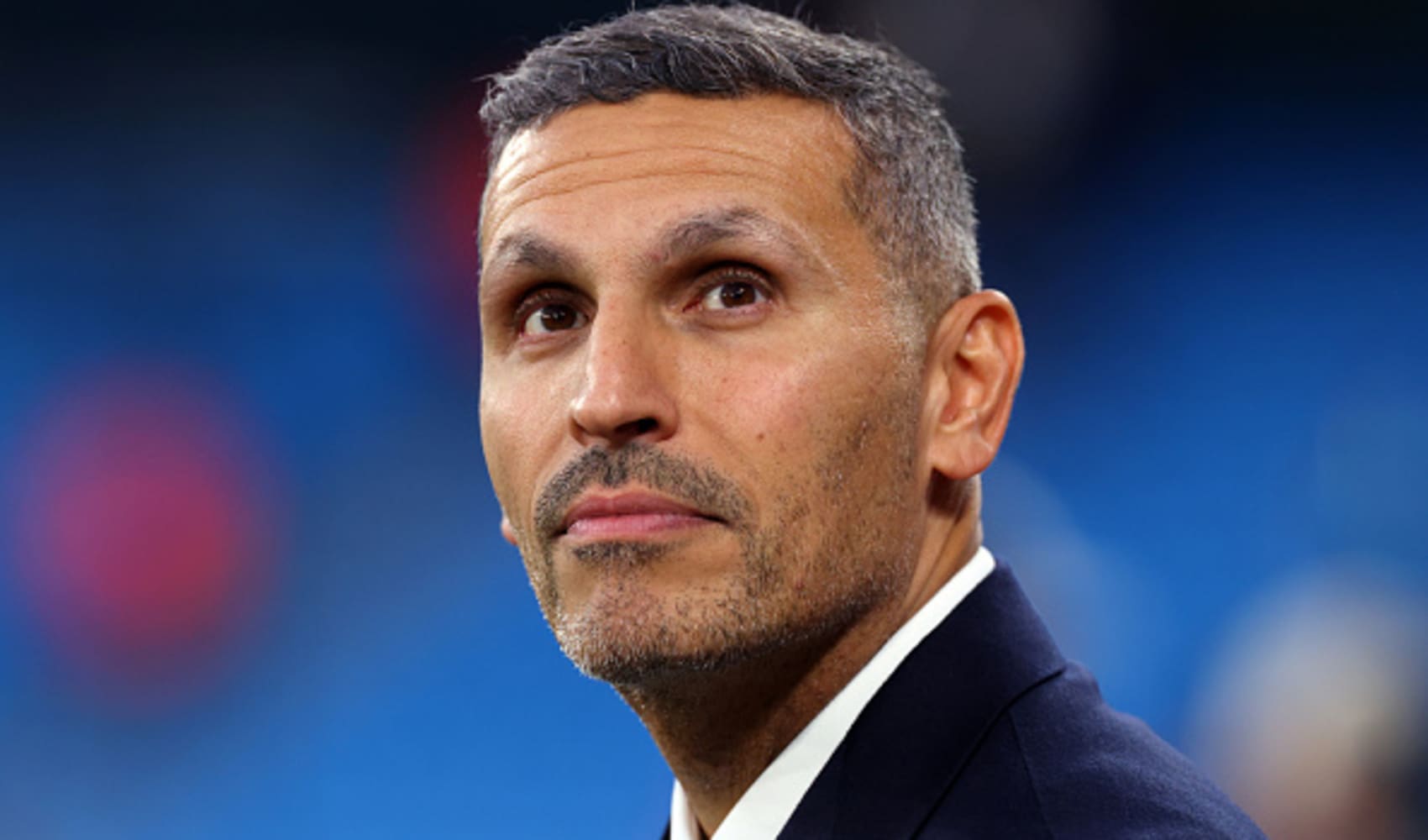
Sam Altman, CEO of OpenAI, during a panel session at the World Economic Forum in Davos, Switzerland, on Jan. 18, 2024.
He may not have known it at the time, but in 2005 Sam Altman took a risk that changed the trajectory of his career.
That's when Altman dropped out of Stanford to build Loopt, a location-based social networking app — the first of his projects before co-founding OpenAI, the game-changing artificial intelligence company behind ChatGPT.
It "seemed like a really fun thing to try," Altman, 39, told students during an interview at his alma mater, the St. Louis-area John Burroughs School. More importantly, he added, leaving college was a decision he could go back on if entrepreneurship didn't work out.
"That's the key to most risk, is most things are not a one-way door," he said. "You can try something, it doesn't work out, you can undo it, you can do something else."
Altman isn't the only business titan to weigh risks this way: Amazon founder Jeff Bezos told the "Lex Fridman Podcast" last year that he considers whether opportunities are a two-way door risk and easy to take because they're reversible, and "you can come back in and pick another door."
On the other hand, a one-way door risk is harder to undo. It should be made deliberately and carefully, Bezos said, because "you go in that door, you're not coming back."
It's crucial to choose the right risks but not avoid them altogether, Altman said. "The risky thing is to not go try the things that might really work out," he said.
Money Report
Regret can kick in, and "you kind of look back at your career 10, 20, 30 years later and say, 'Man, I wish I had tried the thing I really wanted to try,'" he said. "You should just put a huge premium on doing that anytime you feel like you might say that later."
Altman also encouraged students to be open to deviating from a traditional path of going to college, getting a job and staying there "forever."
That might have been a guarantee of financial security for some people in previous generations, he said. "Now I think the traditional path is, I won't say falling apart, but it's quite challenged," he said. "And AI will probably disrupt things even more and put more variants in the traditional path."
Members of younger generations may be coming around to the idea of switching up their line of work over time.
Students from the graduating class of 2025 haven't started working full-time yet, but 43% already expect they'll pivot to a new field at least once in their careers, according to data from Handshake, the career resource for college students.
"They're going to be working for a really, really long time," Christine Cruzvergara, the chief education strategy officer at Handshake, previously told Make It. "This generation appreciates having optionality."
Want to master your money this fall? Sign up for CNBC's new online course. We'll teach you practical strategies to hack your budget, reduce your debt, and grow your wealth. Start today to feel more confident and successful. Use code EARLYBIRD for an introductory discount of 30% off, now extended through September 30, 2024, for the back-to-school season.
Plus, sign up for CNBC Make It's newsletter to get tips and tricks for success at work, with money and in life.






